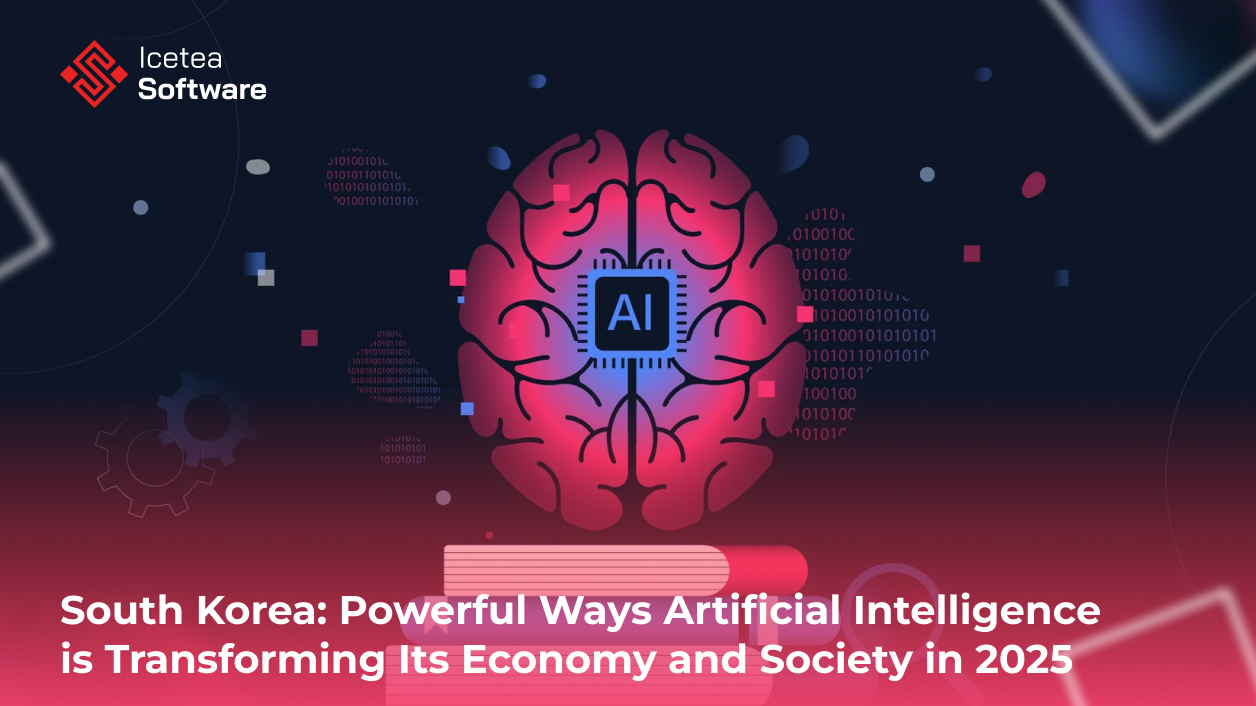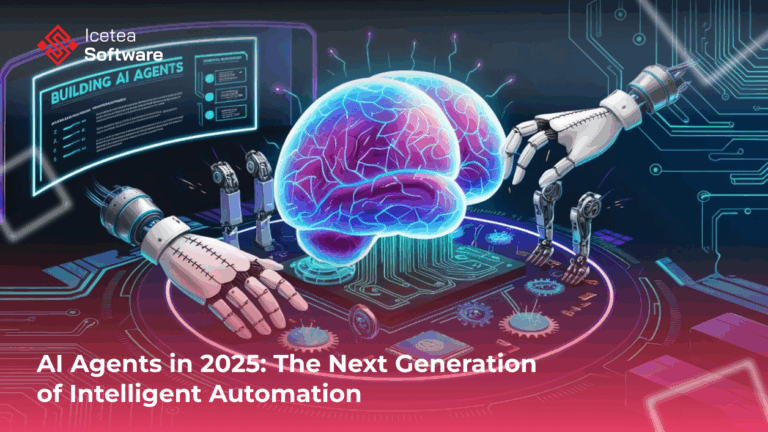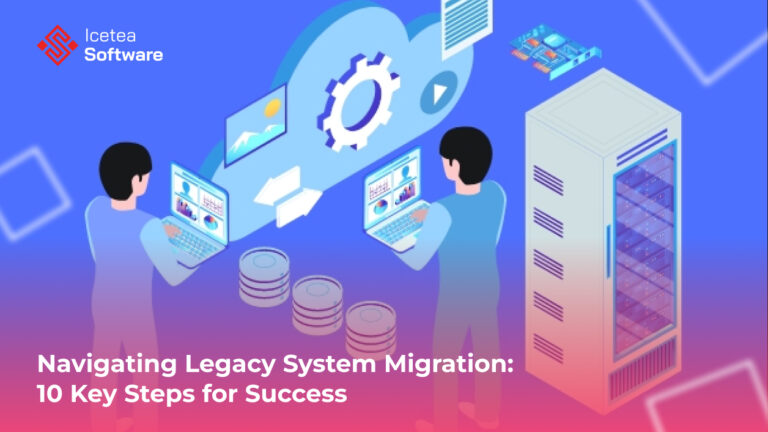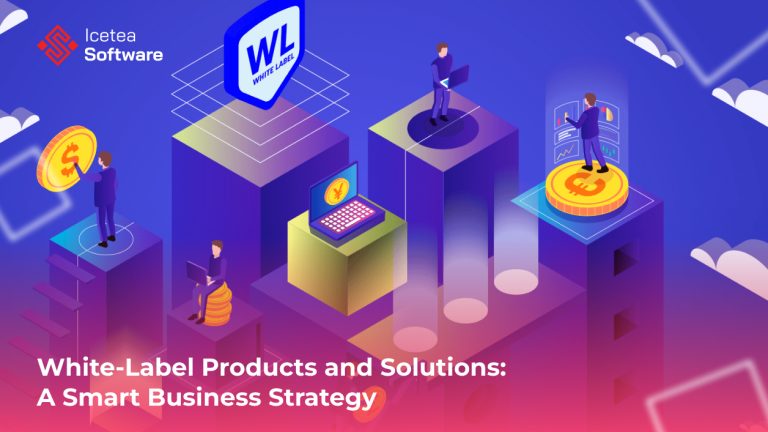South Korea: Powerful Ways Artificial Intelligence is Transforming Its Economy and Society in 2025
Introduction
Artificial Intelligence (AI) has emerged as a pivotal force reshaping industries, societies, and economies worldwide. South Korea, a technological powerhouse, stands at the forefront of this revolution, leveraging AI to drive economic growth, technological innovation, and societal transformation. This article synthesizes insights from multiple studies to explore South Korea’s AI ecosystem, its impact on key sectors, labor market dynamics, and the nation’s strategies for maximizing AI’s potential while addressing associated challenges.
The Growing AI Market in South Korea
Market Potential
South Korea’s AI market is experiencing rapid growth, driven by substantial investments and advancements in technology. In 2025, the market size is projected to reach USD 4.34 billion, with an impressive compound annual growth rate (CAGR) of 27.63% anticipated from 2025 to 2030, culminating in a market volume of USD 14.71 billion. This growth underscores the country’s strategic emphasis on AI as a cornerstone of its digital economy.
The government’s commitment to fostering AI development is evident in its allocation of over 1.2 trillion won (USD 900 million) for AI research and services in 2024. Initiatives such as “I-Korea 4.0” aim to integrate AI and other advanced technologies into the nation’s infrastructure, ensuring South Korea maintains its competitive edge on the global stage. South Korea’s commitment is also evident in its ambitious strategies to attract global talent, foster local innovation, and invest heavily in AI infrastructure to stay competitive internationally.
Corporate Contributions
Leading Korean corporations are at the forefront of AI innovation:
- Samsung: With seven AI research centers across five countries, Samsung is pioneering advancements in AI chips, machine learning algorithms, and smart home technologies. Its “AI for All” initiative aims to revolutionize user-device interconnectivity through spatial intelligence and SmartThings platforms.
- Hyundai Motor Group: By investing USD 50 million in Canadian AI semiconductor company Tenstorrent, Hyundai integrates AI into vehicles, robotics, and advanced air mobility systems, showcasing its commitment to future mobility solutions.
- LG Group: The launch of Exaone 2.0, an advanced AI software capable of processing multilingual data and images, reflects LG’s dedication to applying AI across healthcare, clean energy, and other industries. LG also aims to introduce innovative AI solutions to industries like logistics and environmental conservation, further expanding the reach of AI technology.
These efforts, coupled with South Korea’s vibrant startup ecosystem—home to over 1,000 AI-focused companies—position the nation as a global leader in AI-driven innovation.
AI’s Role in Economic Transformation
Enhancing Productivity and Output
AI adoption is projected to yield substantial economic benefits for South Korea. Model-based analyses suggest that integrating AI across industries could:
- Increase total factor productivity (TFP) by up to 3.2%.
- Boost overall output by 12.6% under scenarios featuring high labor complementarity and productivity gains.
These projections highlight AI’s potential to offset challenges posed by South Korea’s aging population, which is expected to reduce the labor force and dampen economic growth. By automating routine tasks and augmenting human capabilities, AI can mitigate labor shortages, enhance efficiency, and drive innovation.
AI in the Semiconductor Industry
As a global leader in semiconductor production, South Korea stands to benefit immensely from the AI-driven demand for advanced processing chips. AI applications—from machine learning to autonomous vehicles—rely heavily on high-performance computing chips, driving a projected doubling of global semiconductor sales to USD 1 trillion by 2030. South Korea’s semiconductor exports, accounting for 23% of global chip sales, are poised for significant growth, reinforcing the country’s economic resilience. This boom in semiconductors has spillover effects, such as job creation in related industries and increased demand for AI talent.
AI and Labor Market Dynamics
Job Creation and Displacement
AI adoption presents a dual impact on South Korea’s labor market:
- High Exposure: Approximately 50% of jobs in South Korea are exposed to AI, with varying degrees of complementarity and displacement risks.
- High-complementarity roles (e.g., professional occupations) are augmented by AI, enhancing productivity.
- Low-complementarity roles (e.g., clerical jobs) face higher displacement risks.
- Demographic Variations: Women, younger workers, and highly educated professionals are more exposed to AI, benefiting from increased opportunities in high-complementarity roles but also facing greater risks in low-complementarity positions.
Reallocation and Adaptation
While AI-induced job displacement poses challenges, historical data suggests workers gradually adapt to changing skill demands. In South Korea, 31% of workers in low-complementarity jobs transition to roles with higher AI complementarity, signaling potential for upward mobility. However, older workers and those with lower educational attainment face significant barriers, underscoring the need for targeted reskilling programs and social safety nets. Government-backed reskilling initiatives, including sector-specific apprenticeships and AI boot camps, are being rolled out to address these disparities and facilitate smoother transitions.
AI in Key Sectors
Healthcare
AI is revolutionizing South Korea’s healthcare sector by enabling early disease detection, personalized treatment plans, and efficient resource management. For instance, AI algorithms analyze medical imaging data to identify anomalies with precision, reducing diagnostic errors and improving patient outcomes. The integration of AI in drug discovery and patient monitoring systems further exemplifies its transformative impact.
Smart Cities and Mobility
South Korea’s smart city initiatives integrate AI to optimize traffic flow, enhance public safety, and improve urban living standards. Autonomous vehicles, supported by AI-powered sensor technologies, are transforming mobility, reducing accidents, and lowering carbon emissions. Cities like Seoul are also deploying AI in public services, such as energy management and waste reduction, to create sustainable urban environments.
Education and Workforce Development
The government’s focus on AI education aims to bridge skill gaps and prepare the workforce for AI-driven industries. Programs like K-Digital Training (KDT) provide vocational training, fostering collaboration between educational institutions and private enterprises. Additionally, efforts to attract foreign AI professionals address talent shortages and promote knowledge exchange. AI-powered learning tools, including personalized curriculum systems, are being implemented to enhance educational outcomes.
Challenges and Policy Recommendations
Challenges
- Talent Shortages: Despite high educational attainment, South Korea faces a shortage of skilled AI professionals. Enhancing digital literacy and expanding public education spending are critical.
- Labor Market Rigidity: Strict employment protection laws hinder workforce mobility, complicating transitions to AI-relevant roles.
- Uneven Benefits: AI adoption disproportionately benefits large, tech-intensive firms, widening productivity and income gaps with smaller enterprises.
- Ethical and Regulatory Concerns: Ensuring transparency, accountability, and fairness in AI deployment remains a pressing issue.
Policy Recommendations
- Human Capital Advancement:
- Design AI-focused curricula and promote AI certification programs at universities and technical colleges.
- Establish national centers of excellence for AI research, integrating academic, corporate, and public sector expertise.
- Labor Market Adaptability:
- Introduce flexible work arrangements to accommodate transitions into AI-intensive roles.
- Expand career counseling services that emphasize AI-related opportunities and skill mapping.
- Broadening Access to AI:
- Develop funding schemes tailored for startups in underserved regions to foster decentralized AI innovation.
- Promote affordable AI tools and resources for SMEs, ensuring equitable participation in the AI revolution.
- Strengthening AI Governance:
- Form a dedicated AI Ethics Council to regularly evaluate the societal impact of AI technologies.
- Mandate transparency reports from organizations developing large-scale AI systems.
- Encouraging Collaborative Ecosystems:
- Launch innovation clusters that co-locate AI firms, universities, and governmental research labs.
- Provide tax incentives to companies engaging in cross-sector AI projects aimed at public good.
Final Thoughts
South Korea’s proactive approach to AI adoption underscores its commitment to harnessing technology for economic and societal advancement. By leveraging its strengths in innovation, digital infrastructure, and semiconductor production, South Korea is poised to remain a global AI leader. However, realizing AI’s full potential requires addressing labor market challenges, fostering inclusive growth, and implementing robust regulatory frameworks.
As AI continues to evolve, South Korea’s ability to adapt and innovate will determine its success in navigating the opportunities and risks of this transformative era. Through targeted policies, collaborative efforts, and a focus on ethical development, the nation can ensure that the benefits of AI are widely shared, paving the way for a resilient and inclusive future.
————————————
𝐈𝐜𝐞𝐭𝐞𝐚 𝐒𝐨𝐟𝐭𝐰𝐚𝐫𝐞 – 𝐂𝐮𝐭𝐭𝐢𝐧𝐠 𝐄𝐝𝐠𝐞 𝐓𝐞𝐜𝐡𝐧𝐨𝐥𝐨𝐠𝐢𝐞𝐬
𝐖𝐞𝐛𝐬𝐢𝐭𝐞: iceteasoftware.com
𝐋𝐢𝐧𝐤𝐞𝐝𝐢𝐧: https://www.linkedin.com/company/iceteasoftware/
𝐅𝐚𝐜𝐞𝐛𝐨𝐨𝐤: https://www.facebook.com/IceteaSoftware/
𝐓𝐰𝐢𝐭𝐭𝐞𝐫: https://x.com/Icetea_software








